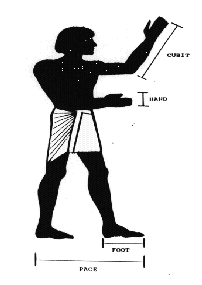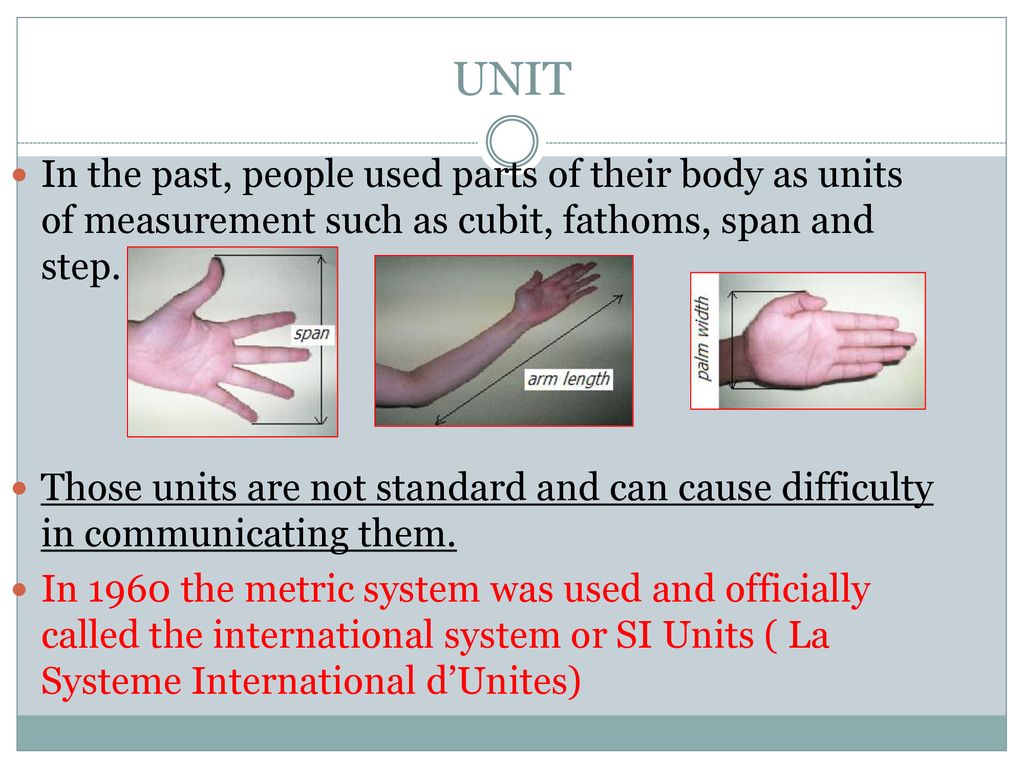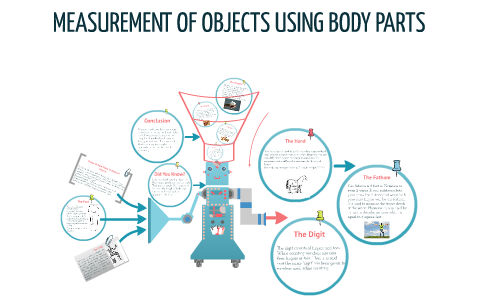
Body Parts Used For Measurement
Here are a few more. The present stone is 14 pounds 635 kg but an earlier unit appears to have been 16 pounds 725 kg. In ancient times the body ruled when it came to measuring. The other units were multiples of 2 8 and 160 times the stone or 28 112 and 2240 pounds 127 kg 508 kg 1016 kg respectively. The same is true of digit in modern english. The length of a foot the width of a finger and the distance of a step were all accepted measurements.
Model how to measure have everyone sit down facing the board. Examples include body parts grain seeds or livestock body parts feet were the most common just becasue the first thing that people are measuring is ground distances and feet are convenient. Hold out your arm and take a tape measure or ruler. Measuring parts of the body. Your forearm from elbow to fingertip. Students practice estimating and measuring in metric units and investigate the concepts of ratio and proportion as they relate to features of the human body.
An average foot is about 12 inches long. The width of your palm is about 4 inches 10 centimeters. The distance between your nose. It probably goes without saying that the unit foot was based on the length of a mans foot. Now that the key vocabulary has been reviewed we can move onto the fun part of the lesson measuring parts of the body. A yard was originally the length of a mans belt or girdle as it was called.
Stretch out the fingers of your hand. Digit in latin digitus could mean either finger or toe. Hand hand fingers thumb. From nose to finger tip. Using your body to estimate length your hand. Your forearm is about 15 feet 46 centimeters.
Quinaria the cross sectional area of a pipe created from a flat sheet of lead 5 digits wide stremma the amount of land a person can plow in a day. First nothing in nature is consistent enough for precision measurement they get used early then abandoned the name sticks around the unt they no longer use the actual thing. Attempt to measure your arm but. As part of this activity students visit the powerplay exhibit at the childrens museum of houston. Cubit from latin cubitum the elbow. It probably goes without saying that the unit foot was based on the length of a mans foot.
Today only the stone continues in customary use for measuring personal body weight. At first an inch was the width of a mans thumb. The exact length varied according to whose arm was being used and could be from 18 to 22 inches. The cubit was just one of numerous units of measurement based on the typical size of body parts. Eight body based units of measurement cubit. This is the distance from a mans elbow to the tip of his middle finger which would be about 18 inches for the.
A cubit was a measurement based on the forearm from elbow to fingertip.
Random Post
- devon aoki body measurement
- sanjeeda sheikh body measurement
- stephanie sigman body measurement
- felicity huffman body measurement
- bra measurement teenager
- body hoop measurement
- body temperature measurement en español
- khushi gadhvi body measurement
- bra measurement cms
- how to take your own body measurements
- sigourney weaver body measurement
- vanessa morgan body measurement
- body fat measurement belfast
- bra size and chest measurement
- tina fey body measurement
- temperature sensor for body temperature measurement
- circumference measurement body fat
- priya tiwari body measurement
- reasons for taking body measurement
- fit body measurement chart
- what do my body measurements look like
- arefin shuvo body measurement
- alicia silverstone body measurement
- history of body temperature measurement
- req body measurement
- lucy lawless body measurements
- divya khosla kumar body measurement
- vidyut body measurements
- nadine lustre body measurement
- jillian michaels body measurement
- isabela moner body measurement
- kaur b body measurement
- body measurements what do i look like
- golden measurement body
- bra size ranking
- marina squerciati body measurement
- jojo babie body measurements
- park bo young body measurements
- jannat zubair body measurement
- kelsey merritt body measurement
- rohit suchanti body measurement
- measurement body composition model
- krysten ritter body measurement
- what does body width measurement mean
- nfl combine body measurements
- rishi kapoor body measurement
- the science of human body measurement
- what is the bra size for measurements
- avika gor body measurement
- bra measurement india




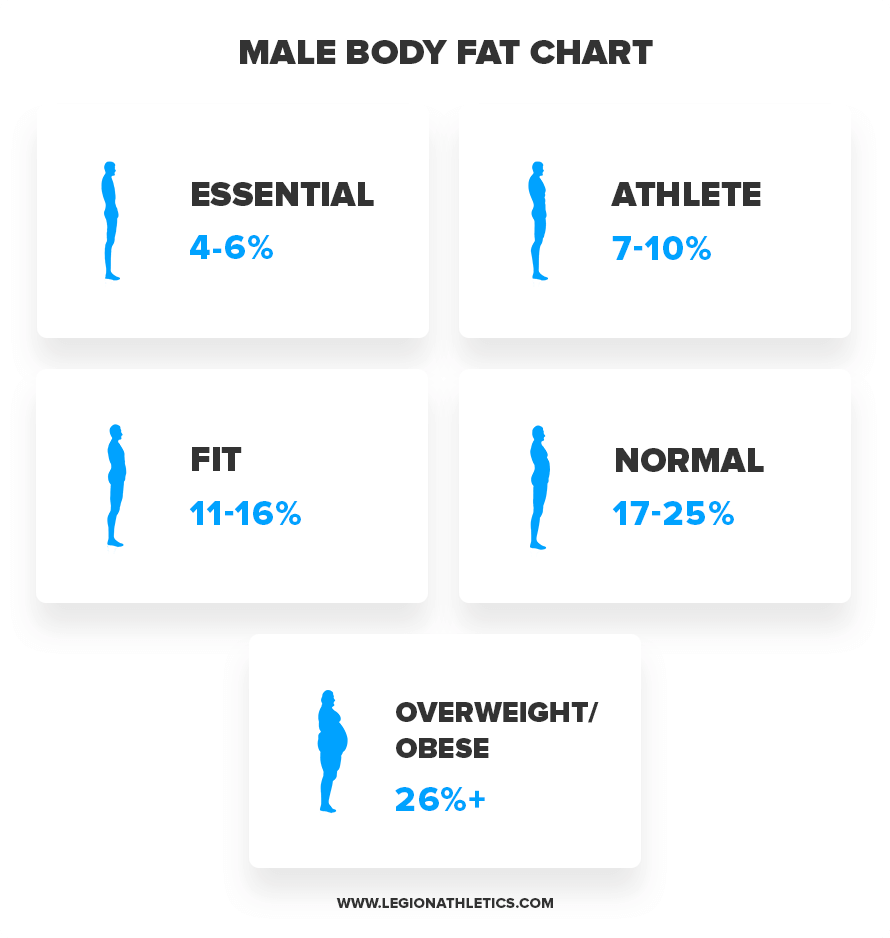





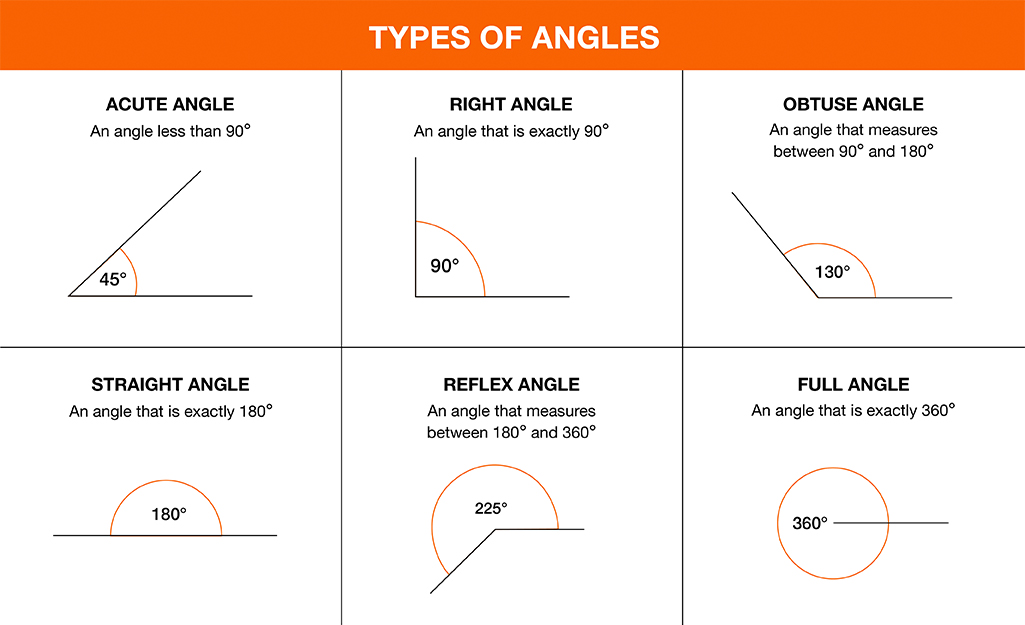
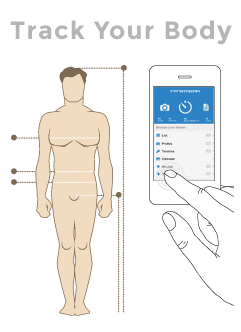
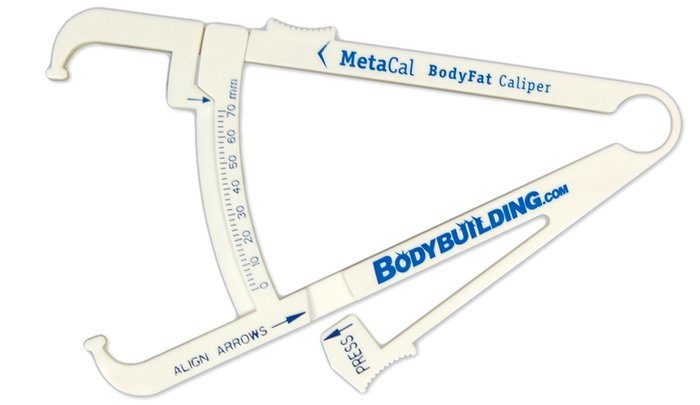
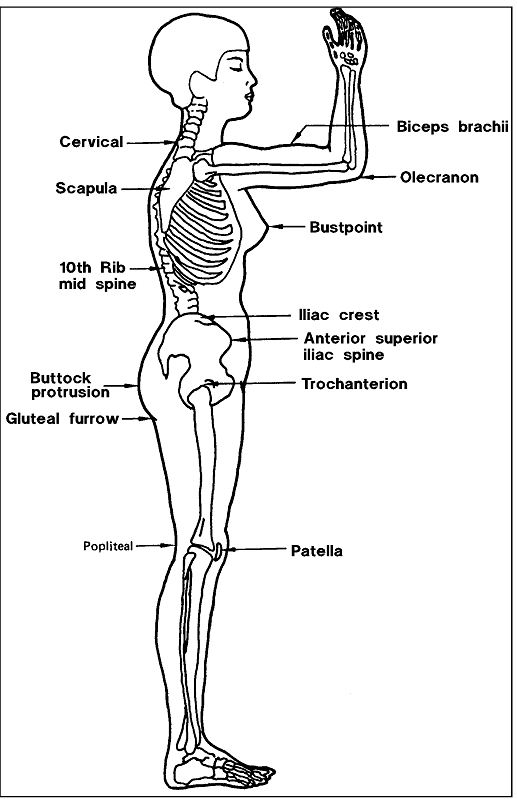





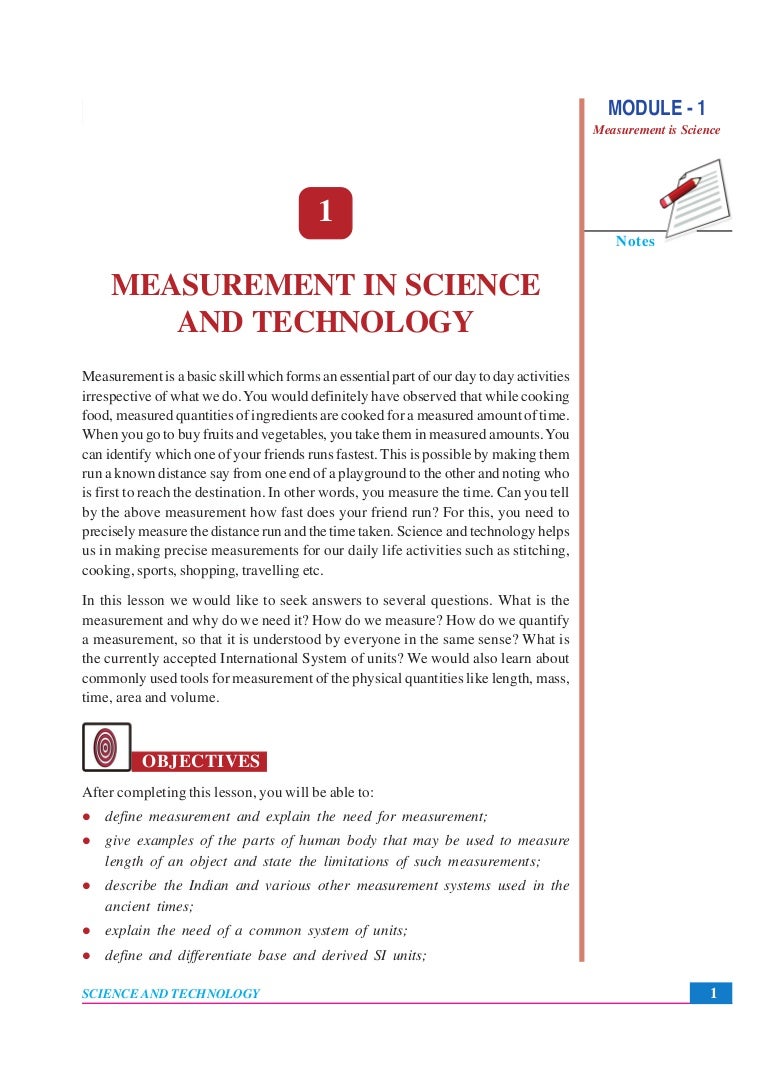





:max_bytes(150000):strip_icc()/why-isnt-a-2x4-a-2x4-3970461_FINAL-5bb4b6b746e0fb002681e5a2.png)
